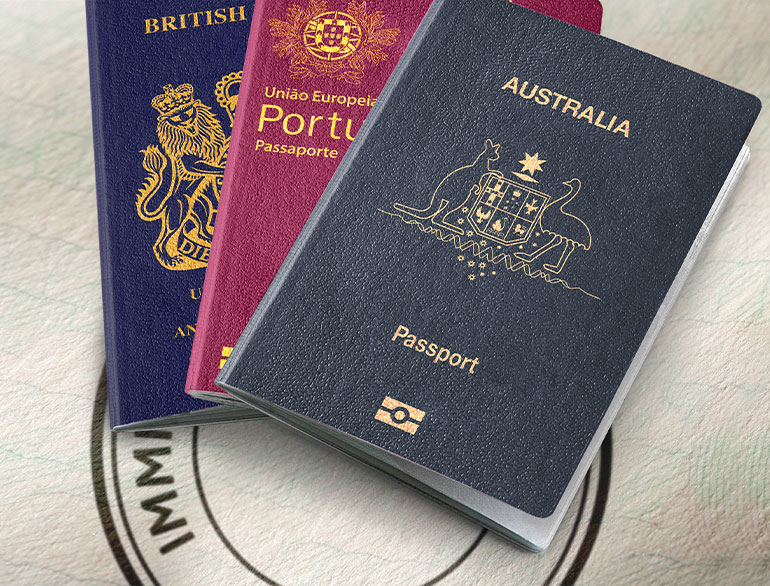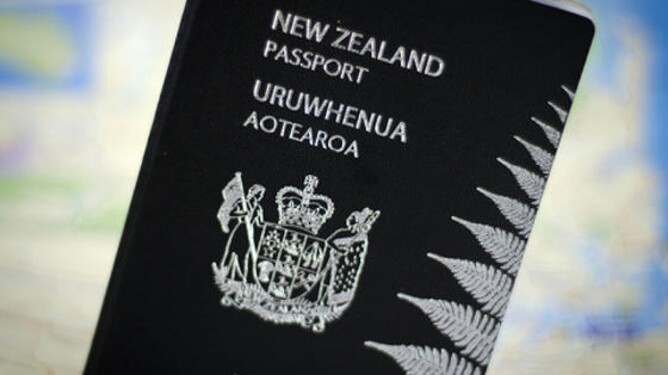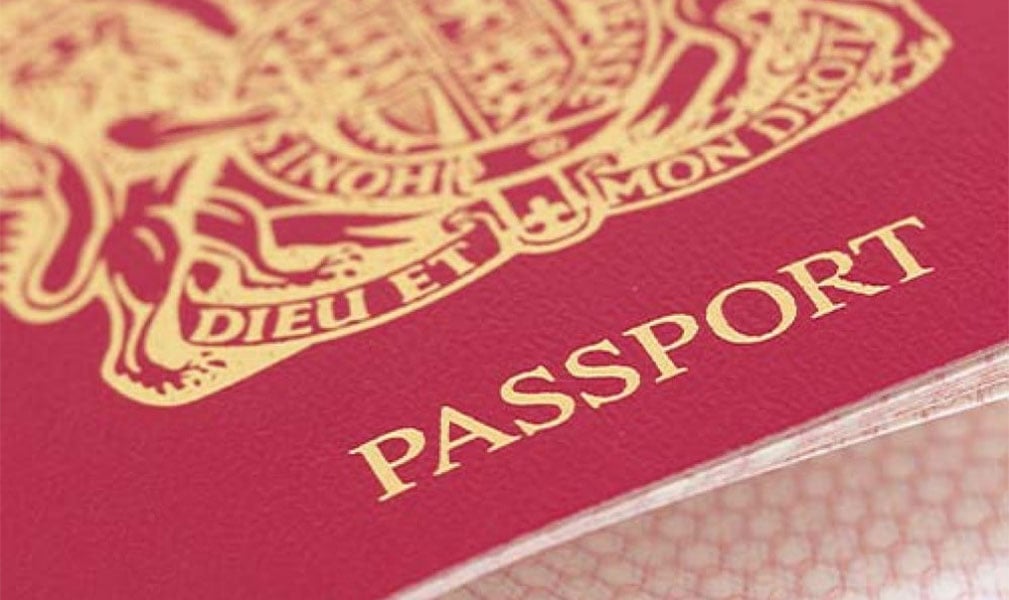Does New Zealand Offer Citizenship?
Exploring New Zealand Citizenship

Source: henleyglobal.com
New Zealand, a beautiful nation known for its stunning landscapes and friendly people, offers various avenues for gaining citizenship. Understanding the process requires exploring the different eligibility criteria. Does New Zealand offer citizenship? Absolutely. However, the specific pathway depends on your circumstances.

Source: rs-cdn.com
What is New Zealand Citizenship?
New Zealand citizenship confers numerous rights and privileges, including the right to live and work in New Zealand, the right to vote in elections, and the right to obtain a New Zealand passport. It's important to understand that becoming a New Zealand citizen isn't simply a matter of visiting or working in the country. Specific requirements must be met. Does New Zealand offer citizenship to all? No, specific criteria must be fulfilled.
Routes to New Zealand Citizenship

Source: intergate-emigration.com
Several pathways exist for obtaining New Zealand citizenship. Does New Zealand offer citizenship? The answer is yes, with various pathways:
1. Naturalization:
This is the most common pathway for non-New Zealand citizens. It involves fulfilling stringent requirements, including a lengthy residence period, proof of character, knowledge of English and/or Māori, and evidence of having met financial obligations (e.g., demonstrated economic self-sufficiency). Does New Zealand offer citizenship by naturalization? Yes. This route often demands significant adherence to New Zealand's societal and cultural norms.
2. Descent:
Does New Zealand offer citizenship by descent? Yes. In this case, you may qualify for citizenship if a parent or grandparent was a citizen at a relevant time, if those criteria are fulfilled under NZ law. Requirements might necessitate a strong genealogical connection, though eligibility differs depending on exact conditions under NZ immigration law.
3. Special Processes (Investment and Exceptional circumstances)
These cases can result from very specific situations involving government considerations; for example, high investment in specific projects that demonstrably benefit the New Zealand economy can have specific provisions concerning citizenship. This is also relevant for specific individuals possessing certain exceptional or urgent qualifications. Does New Zealand offer citizenship based on investment? Generally, but under very specific and rigorous conditions.

Source: henleyglobal.com
Key Questions on New Zealand Citizenship:
Q1: Does New Zealand offer citizenship to all foreigners wishing to become citizens?
A1: No. Strict eligibility requirements are in place to ensure that prospective citizens demonstrate the necessary criteria for long-term integration and societal benefits. Does New Zealand offer citizenship? The answer lies in meeting these requirements, as mentioned throughout this document.
Q2: What are the prerequisites for becoming a New Zealand citizen by naturalization?
A2: Lengthy residency periods are a primary factor. Evidence of character and commitment, along with an understanding of English or Māori and meeting specific financial responsibilities, is typically required. This encompasses extensive understanding of cultural obligations as detailed in NZ immigration law.
Q3: What does a proven "good character" entail in the context of New Zealand citizenship application?
A3: This aspect entails demonstrating good moral conduct, honest intentions, and respect for New Zealand law, demonstrating compliance in day to day life over considerable periods. This necessitates avoiding negative interaction with authorities. It goes further than simply being law-abiding. Does New Zealand offer citizenship if you have any convictions or interactions with authority? The requirements for proving 'good character' preclude acceptance of certain applications.
Q4: How is language proficiency measured for New Zealand citizenship?
A4: Proficiency in either English or Māori needs to be verified, ensuring that individuals possess sufficient communicative capability in either language to participate effectively in New Zealand society. Formal language tests and exams may be required in this instance.
Q5: Is New Zealand citizenship connected to certain investment projects?
A5: Under certain special circumstances, government grants have particular conditions for prospective New Zealand citizens who contribute significantly to the New Zealand economy and specific industrial segments. There are explicit avenues, under very precise circumstances.
Q6: How important is the residency requirement?
A6: The residence requirement is often a substantial portion of a citizenship application, particularly by those applying to naturalize.
Q7: Are there any exceptional conditions allowing foreigners to qualify for faster-tracked citizenship paths?
A7: Yes. Special provisions may apply in extraordinary instances involving demonstrable skills or knowledge beneficial to New Zealand's advancement or those directly contributing to economic gains and improvement within set frameworks.
Q8: Does New Zealand offer dual citizenship options?
A8: New Zealand allows citizenship by naturalization while respecting different nation's rules on dual citizenships; some potential dual-citizenship cases have special considerations. Does New Zealand offer dual citizenship without restrictions in any scenario? Not explicitly and depending on applicant conditions in respect of their prior national citizenship.
Q9: What recourse exists if citizenship application is rejected?
A9: The NZ immigration system is thorough. Recourse, appealing applications may take account of relevant information in a supplementary appeal if rejected. Applying to particular immigration officers in accordance with NZ administrative processes is important in this regard.
Q10: What government body handles NZ citizenship applications?
A10: This will vary and can include the Immigration New Zealand department, ensuring you navigate correctly under New Zealand government law in your area. It is strongly advised to check the updated specific avenues, official documentation, and guidance by visiting relevant official websites or liaising with the appropriate governmental authorities to understand their detailed application processes.




